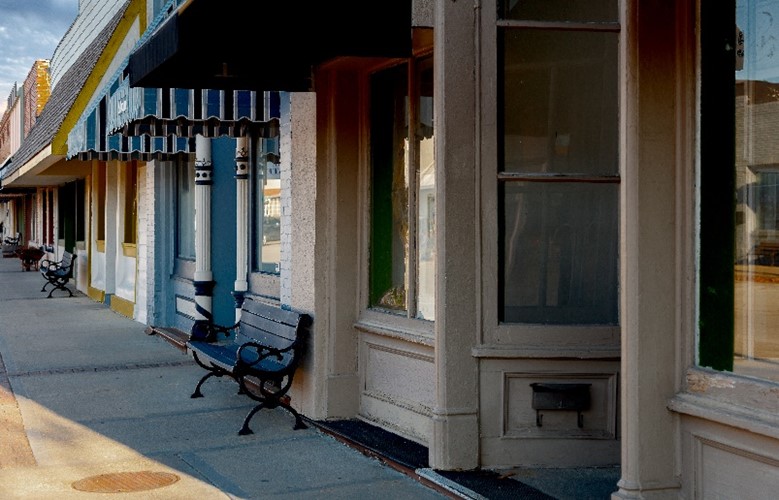If It’s Part of the Sidewalk, You Are Immune

Kyriakos Georgantonis was painting the side of a building on West Benson Street in Reading, Ohio. He was working from the platform of a scissor lift which he moved into place on the sidewalk in front of the building. Unbeknownst to Georgantonis, one of the tires of the scissor lift was positioned on top of the cover of an electric service box that had been installed by the city. As Georgantonis was working, the cover of the service box fractured, causing the scissor lift to topple over and crash onto the sidewalk. Having been injured in the fall, Georgantonis sued the city, alleging negligence. He also filed products-liability claims against companies involved in the manufacturing and/or supply of the service box.
The City of Reading argued it was entitled to immunity because Georgantonis’s negligence claim concerned the maintenance and repair of a public sidewalk – which is a governmental function. Georgantonis, however, argued his injured and subsequent complaint was rooted in a proprietary functions, and in particular “[t]he establishment, maintenance, and operation of a utility, including, but not limited to, a light, gas, power, or heat plant.”
The Court agreed with the City. Citing several decisions, the Court concluded “the allegations in the plaintiffs’ amended complaint related to a defect in the sidewalk surface, rather than a defect in the street-light system contained within the service box below the sidewalk.” The Court was persuaded that Georgantonis was injured when the cover of the service box, which functioned as part of the sidewalk, failed. In the end, the allegations related to the city’s maintenance of the sidewalk, which is an enumerated governmental function under R.C. 2744.01(C)(2)(e). Therefore, the city was entitled to immunity. To read this case see Georgantonis v. City of Reading, 2020-Ohio-3961, 1st Dist. No. C-190615.